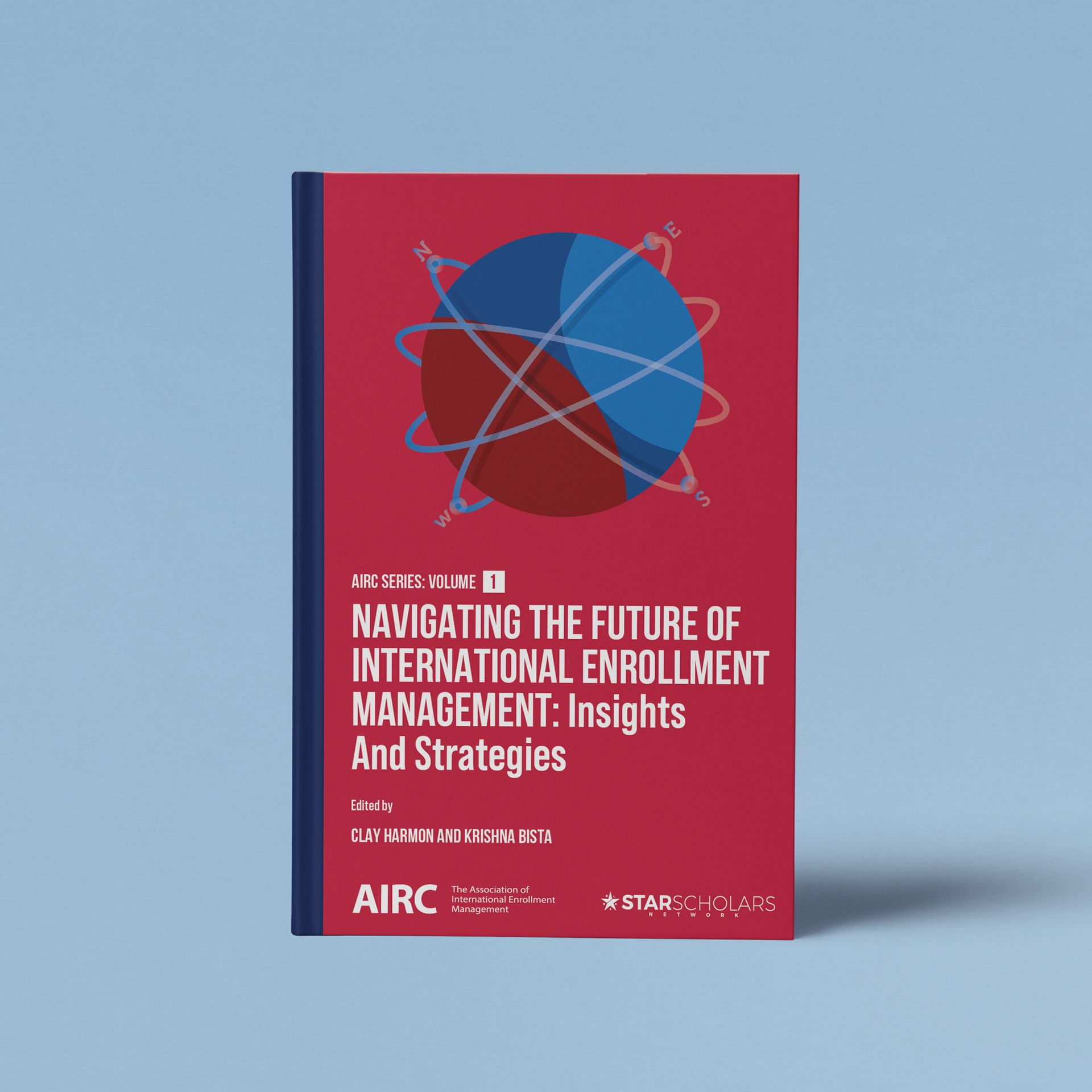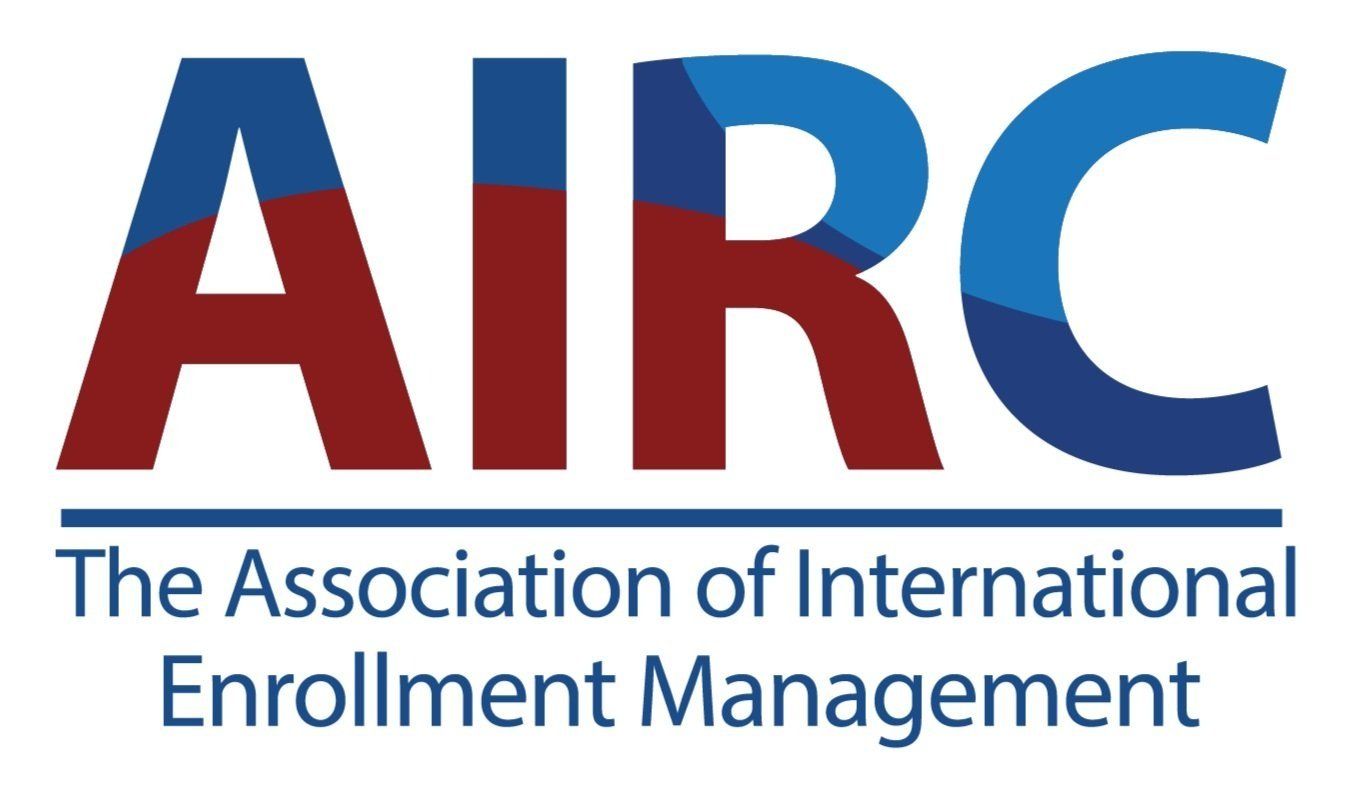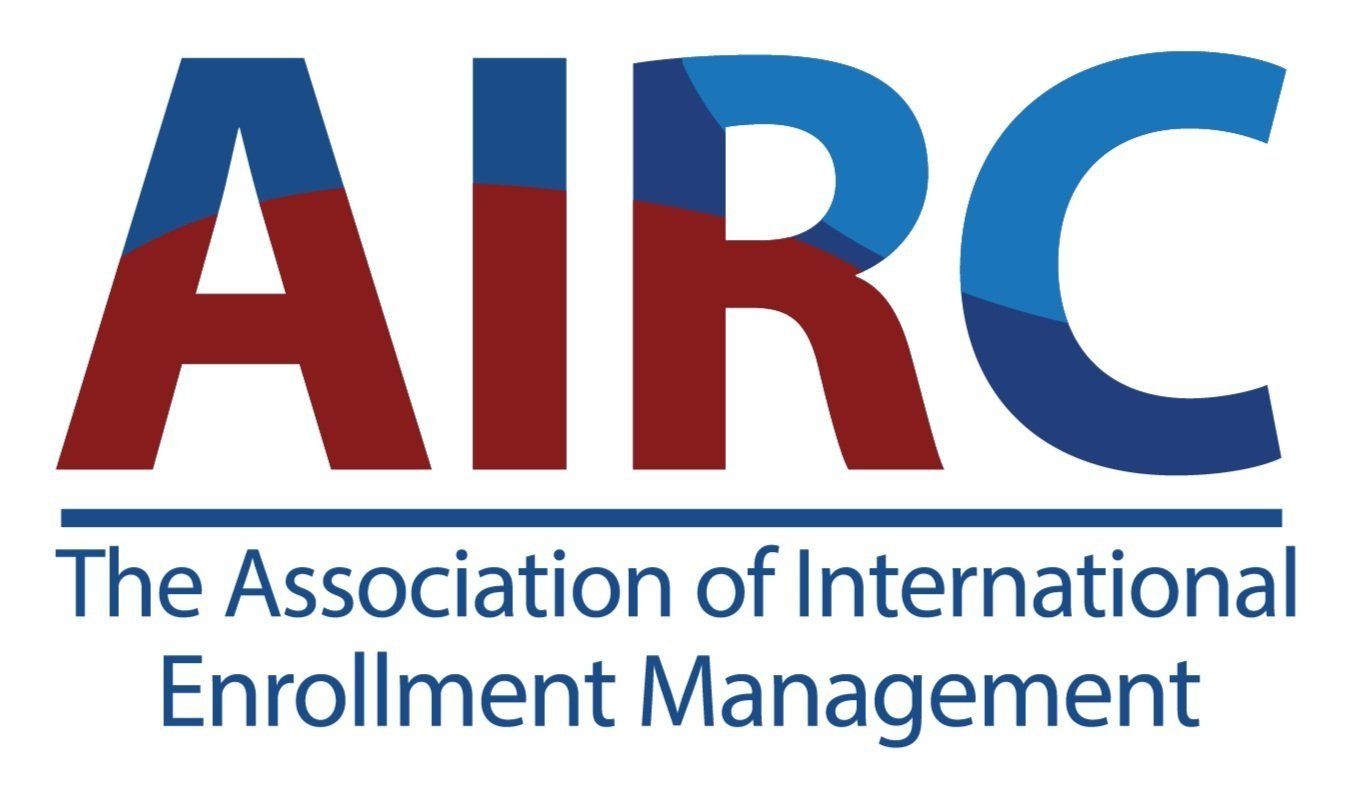Update from U.S. for Success Coalition
As a member of the U.S. for Success Coalition’s Advisory Council, we are pleased to share the following updates from the U.S. for Success with the AIRC community.
With so much happening, we wanted to provide an update on some of the biggest developments impacting the ability of international students from all parts of the globe to study and contribute their talents in the United States.
Our strategy remains to communicate, collaborate and coordinate our coalition members’ in order to
- Remind key policymakers (especially in Congress) that welcoming and retaining international students should remain a national priority, as a way to apply pressure on the Administration to refrain from harmful policies.
- Pursue litigation when needed to protect rights and due process.
- Support higher education institutions and their students in facilitating international student success at every part of their journey to study and live in the United States.
- Shape the public narrative about the overwhelmingly positive contributions of international students. When international students choose the United States to study, live and work, everyone wins.
Update on SEVIS Terminations
Since mid-March, NAFSA has been collecting
reports of SEVIS terminations and other actions targeting international students, and in April, released initial
analysis showing several important findings showing that all levels of study, every region of the world, and all types of institutions in all regions of the United States were affected.
On April 9th, the Presidents’ Alliance on Higher Education and Immigration, a member of the Coalition’s Executive Committee, joined in support by eighty-six institutions and associations, submitted an amicus brief in AAUP v. Rubio, a case challenging the administration’s revocation of visas and detentions of non-citizen students and scholars. The Presidents’ Alliance also filed a lawsuit together with several impacted international students, challenging the Department of Homeland Security’s (DHS) unlawful mass termination of SEVIS records for F-1 students and participants in the Optional Practical Training (OPT) program.
Amidst more than100 court cases and 50 restraining orders issued from federal judges, on April 22, a federal judge in Georgia ordered the Trump administration to reinstate the legal statuses of 133 international students after their F-1 student visas were suddenly terminated by Immigration and Customs Enforcement (ICE) and Homeland Security (DHS). Read more:
Federal judge orders ICE to reinstate legal status of 133 foreign students: The students argued that their visas were revoked without prior notice and proper explanation (Fox News) and
International students stripped of legal status in the U.S. are piling up wins in court (PBS News)
Then, starting around April 24, 2025, DSOs and attorneys began reporting that some SEVIS records previously terminated by DHS were being restored to Active SEVIS status.
Politico reported on April 25 that the Department of Justice (DOJ) said in court that recent SEVIS terminations would be reversed.
During an April 25 court hearing in a lawsuit challenging the legality of the terminations, a DOJ attorney stated: “ICE is developing a policy that will provide a framework for SEVIS record terminations. Until such a policy is issued, the SEVIS records for plaintiff(s) in this case (and other similarly situated plaintiffs) will remain active or shall be reactivated if not currently active."
While encouraging, caution is warranted.
As Heather Stewart and Erica Stewart of NAFSA, a U.S. for Success Executive Committee member, note in a new
NAFSA blog post, “we have not seen the end of ICE-generated SEVIS record terminations.”
Miriam Felblum, Executive Director of the Presidents’ Alliance on Higher Education and Immigration, noted that activations highlight the impact of legal and collective action, but they do not undo the harm already done to students or institutions, nor do they clarify the origins of the policy.
Continued careful monitoring of the reality on the ground, collective advocacy, and legal challenges remain essential to seek full relief, prevent future harm, and protect not only students’ rights but also the wellbeing of our communities and our nation.
Making a Case for What’s at Stake
On March 24, NAFSA hosted a LinkedIn Live Town Hall entitled, Seismic Changes in the United States: Implications for IE. Watch it
here.
The media continues to report on the negative impact that policies are having not only on international students but also on U.S. communities. We are working daily to remind decision-makers about the overwhelmingly positive contributions of international students.
Many thanks to U.S. for Success members for sharing stories and data with the media to keep this story in the headlines while we work with the courts and Congress. Just a few highlights of the kind of stories we are collectively generating:
Efforts to Halt Student Deportations Risk Trump Retaliation: Institutions are scrambling to quell panic caused by visa revocations, while seeking to avoid incurring wrath of regime intent on cutting funding, Inside Higher Ed, April 11, 2025 (quotes Presidents’ Alliance on Higher Education and Immigration)
International students are being told by email that their visas are revoked and that they must ‘self-deport.’ What to know, CNN, April 19 2025 (quotes NAFSA)
Losing International Students Could Devastate Many Colleges, New York Times, April 19, 2025.
If the Goal Is Jobs and Trade, Make it About Jobs and Trad, LinkedIn, Tom Dretler, Executive Director of Shorelight, Coalition Executive Committee member
eAlso of note a
new NBC Poll
found that Gen Z opposes Trump’s hard-line immigration tactics on college campuses, though there are differences by party identification and gender. A full 92% of Gen Z adults believe it is important that people in the United States who hold student visas, work visas and green cards are given due process protections when facing criminal or civil charges. A majority of nearly every demographic said those due process protections are important — including Republicans and those who identify with the Make America Great Again (MAGA) movement.
Thank you for everything each of you are doing to
stay informed and provide support to international students, and take strategic action.
Take Strategic Action:
We need everyone to send letters to Congress to urge them to impress upon top Administration officials that welcoming international students should remain a priority if we are to be able to compete globally and benefit from the innovation and cross-cultural perspectives of these talented students.
Our Coalition launched a
campaign to ensure welcoming and retaining international students remains a national priority, and sent this joint Coalition letter to Congressional leadership.
Your Voice is Needed Now. As a member of the Coalition, we invite you to:
- Join NAFSA and the Coalition in sharing this Action Alert widely with your networks to urge individuals (colleagues, students, family members) to amplify our collective voice to ensure the United States remains open to talent from around the world.
- Share this Higher Education Institution Template Letter to Support International Students and Scholars in the U.S. Amid Recent Immigration Actions. The Presidents’ Alliance on Higher Education and Immigration developed this template institutional letter in partnership with the U.S. for Success coalition for colleges and universities to use to communicate with their Senate and House delegations about the positive impacts of international students and scholars in the United States and the adverse consequences of the recent immigration actions. The letter could easily be adapted for businesses as well.
- Use these talking points from the Coalition and new infographic produced by NAFSA to make the case for what’s at stake.
If you have questions or have resources that can help support other coalition members in their work to facilitate international student success, please don’t hesitate to email us at info@usforsuccess.org.










